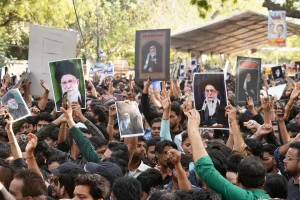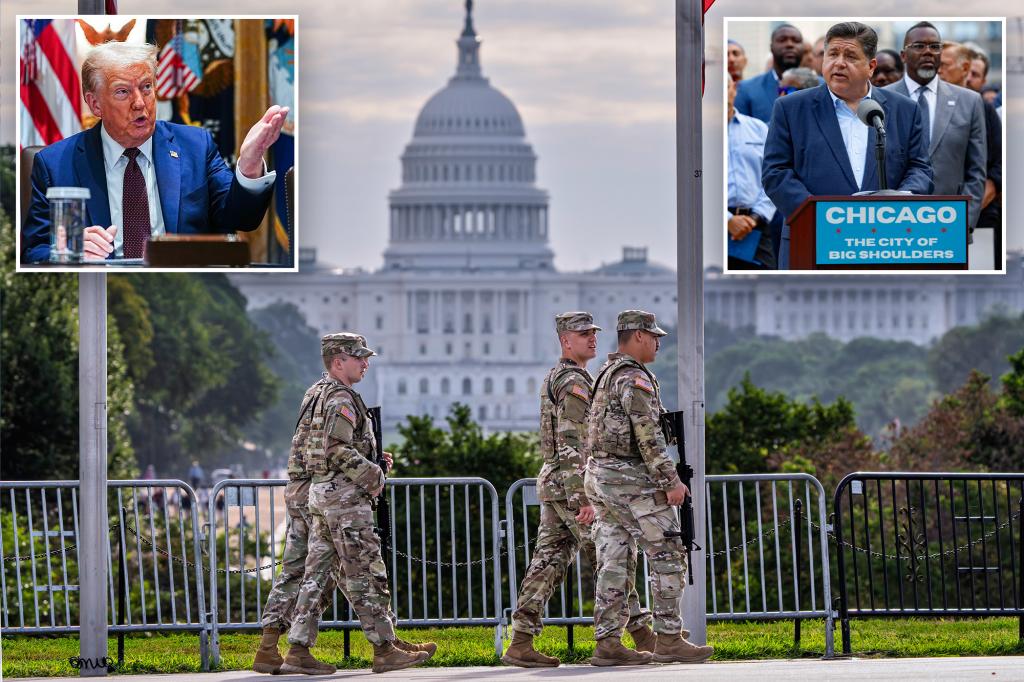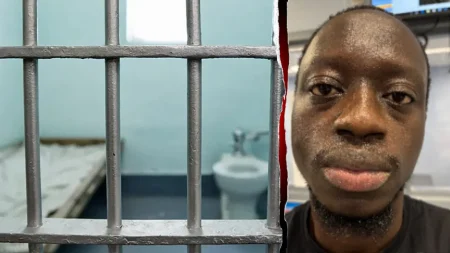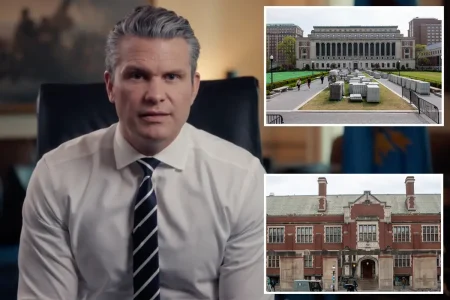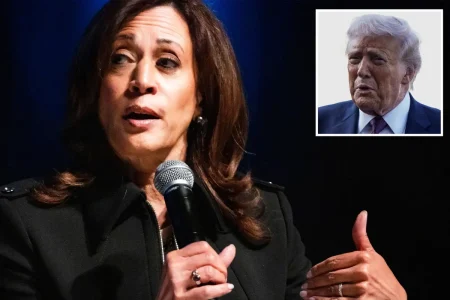Governor Pritzker Vows to Resist Trump’s Potential National Guard Deployment to Chicago
In a bold statement that underscores the growing tension between state authority and federal intervention, Illinois Governor JB Pritzker has made it clear that his administration will not remain passive if former President Donald Trump follows through on threats to deploy National Guard troops to Chicago. “Unlike Donald Trump, we keep our promises,” Pritzker declared on social media platform X. “We will not stand idly by if he decides to send the National Guard to intimidate Chicagoans.” The Democratic governor’s warning that “action will be met with a response” highlights the intensifying political conflict over how best to address crime concerns in America’s third-largest city. This statement represents just the latest exchange in an increasingly heated dispute between the Illinois governor and the former president, who has repeatedly criticized Chicago’s leadership and crime statistics during his political career.
The controversy began heating up last week when Governor Pritzker firmly rejected the premise of Trump’s proposed intervention, stating there is no crime emergency in Chicago that would warrant such measures. Pritzker characterized Trump’s threats as an attempt to “manufacture a crisis, politicize Americans who serve in uniform, and continue abusing his power to distract from the pain he is causing working families.” The governor further emphasized that while the safety of Illinois residents remains his top priority, there exists “no emergency that warrants the President of the United States federalizing the Illinois National Guard, deploying the National Guard from other states, or sending active duty military within our own borders.” By Monday, Pritzker had escalated his rhetoric, describing the potential federal deployment as not only “unconstitutional” but also “un-American,” and likening it to tactics seen in authoritarian regimes: “Donald Trump wants to use the military to occupy a US city, punish its dissidents and score political points. If this were happening in any other country, we would have no trouble calling it what it is — a dangerous power grab.”
Chicago Mayor Brandon Johnson has aligned with Governor Pritzker’s position, citing recent improvements in the city’s crime statistics. According to data referenced by the Democratic mayor, violent crime has seen notable declines over the past year, with homicides and robberies dropping by more than 30% and shootings decreasing by nearly 40%. While acknowledging that crime rates remain elevated compared to 2021 levels according to Chicago police statistics, Mayor Johnson firmly opposes federal intervention. “The problem with the President’s approach is that it is uncoordinated, uncalled for, and unsound,” Johnson stated. He further warned that “unlawfully deploying the National Guard to Chicago has the potential to inflame tensions between residents and law enforcement when we know that trust between police and residents is foundational to building safer communities.” In a subsequent statement that echoed revolutionary rhetoric, the mayor declared, “When we fight back against tyranny, the people united will always prevail.”
The former president has not allowed these criticisms to go unanswered. Responding directly to both Illinois leaders on Tuesday, Trump took to his social media platform Truth Social to call Governor Pritzker “incompetent” and suggest Mayor Johnson is “no better.” Trump highlighted recent violence in the city, writing: “A really DEADLY weekend in Chicago. 6 DEAD, 27 HURT IN CRIME SPREES ALLOVER THE CITY. Panic stricken Governor Pritzker says that crime is under control, when in fact it is just the opposite.” The former president went on to claim that Pritzker “should call me for HELP” before concluding with the campaign-style slogan “Make Chicago Great Again!” This exchange illustrates the profoundly different approaches to urban crime between Trump, who frequently advocates for increased law enforcement presence, and local Democratic leaders who often emphasize community-based solutions and point to gradual improvements in crime statistics.
This dispute over Chicago comes in the wake of Trump’s recent move to increase federal law enforcement presence in Washington, DC, which has already seen hundreds of federal agents and National Guard troops deployed to the nation’s capital. The deployment in DC provides a concrete example of the type of federal intervention that Trump appears to be considering for Chicago, raising concerns among Illinois officials about the potential implications for their state’s sovereignty and the constitutional balance between federal and state authority. The situation highlights fundamental questions about federalism and the appropriate role of military forces in domestic law enforcement—questions that have recurred throughout American history during times of social tension and political division.
At its core, this conflict represents more than just a disagreement about crime statistics or law enforcement strategies—it reflects deeply divergent visions of governance and security in American cities. Governor Pritzker and Mayor Johnson view the potential deployment as an unnecessary federal overreach that could undermine local authority and exacerbate tensions between communities and law enforcement. Their resistance emphasizes state sovereignty and local control, principles deeply embedded in American federalism. Meanwhile, Trump’s approach reflects a belief that federal intervention is sometimes necessary when local officials are perceived as failing to adequately address crime concerns. As this situation continues to develop, it serves as a potent reminder of the complex interplay between federal power and state authority that has characterized American governance since the nation’s founding, and how these tensions can become particularly pronounced during periods of political polarization and competing narratives about public safety.

